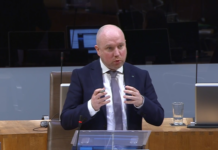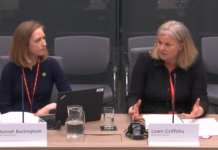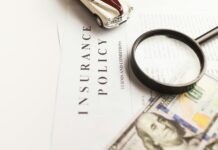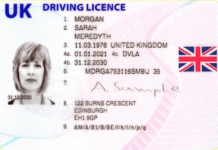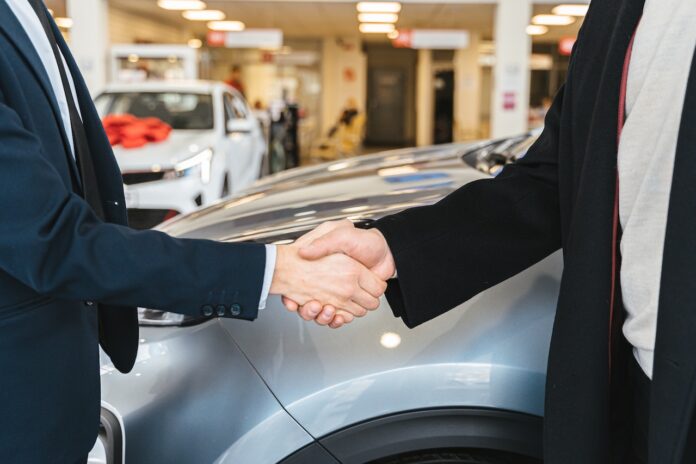
A personal finance expert has shared comments suggesting how much Brits should spend on their first car, as well as some unexpected costs to be aware of.
Owning your first car can be an exciting time as you showcase your independence, but there are a lot of factors to consider before you make the investment. New drivers may be unsure of how much to actually spend on their first vehicle and unaware of the extra costs that can come with it.
Car depreciation can be huge, so it’s important to analyse your budget, financial goals, and personal needs prior to purchasing your first car. Young people need to budget and account for other purchases like games consoles, graphics cards, clothes, and activities they take part in.
To avoid excessive spending, and unexpected costs when you are on the road, personal finance expert Dan Whittaker at CashLady.com has shared some tips for new drivers on the unexpected, additional car costs that can occur.
“Buying your first car can be a very liberating experience, but it can also be an expensive one. I would advise that new drivers should prepare by budgeting 10-15% of their annual income for their new vehicle, particularly as there are a number of additional costs which can arise after the initial purchase. Hidden car costs can really add up and, in some instances, could cost you even more if not considered before making the big purchase.”
“Here are five important hidden car costs to consider when budgeting for your first car.”
-
Parking fines and congestion charges
“Of course, everyone will do their best to avoid any fines or unnecessary charges, but parking penalties and congestion charges can creep up on you, especially if you live in a city or an urban area. New drivers may not yet be accustomed to when and where it is legal to park, or where congestion areas start and end, and so may well fall foul of fines. It may be best to be proactive and bank a sum of money for unexpected fines and extra charges. Fines can increase over time, so if you have the money already set aside it makes sense to pay as soon as possible. Better still, the fine is usually reduced if you pay within 14 days.”
-
Car insurance
“Car insurance is an unavoidable and expensive legal obligation but, sadly, for new drivers it is even more expensive. Owning a first car means having to spend more on insurance costs as young drivers are statistically more likely to have an accident: data highlights that just over one in five (21.6%) new drivers had been involved in an accident during their first year of driving, according to ALA Insurance.”
“New drivers might want to consider installing a black box in their car to help reduce insurance costs. A black box is a small GPS tracking device that monitors your driving skills and was originally designed for young drivers. When you’re consistently driving well, your insurance premiums are decreased. While you should always drive carefully and safely, a black box can also be a good way of lowering your car insurance.”
-
Fuel
“The cost of living crisis really is having a huge impact on everyday spending and fuel costs are no different. According to recent government data, unleaded petrol peaked at £190 per litre at the start of 2023 compared to £150 per litre in 2020. Some new drivers may not be aware of just how much fuel prices have skyrocketed and, with fuel being a necessity to actually using your car, paying the costs is inevitable. Keep track of where has the best fuel quality to improve your car’s efficiency and cut how many times you make a trip to the fuel station.
“It is also worth bearing in mind that many petrol stations offer some sort of loyalty points scheme. These schemes typically enable you to collect points each time you refuel. You can use those points to receive a discount on fuel in the future once you have accrued enough points.”
-
Maintenance and repairs
“If you are a young, newly-qualified driver, your budget may only stretch to an older car. While older cars tend to be cheaper, the downside of this is that they are more likely to break down, simply as the parts have experienced more wear. This means the cost of your annual service and MOT may be a lot more than expected, especially if the car is out of warranty.”
“To combat this, make a list of potential cars that fall into your budget, and research their reliability ratings. Some cars are known for their dependability, and require less maintenance over time, so steer towards those makes that are known to be reliable. Similarly, buying a used car from a reputable dealer is a must. Reputable dealers will typically have their cars inspected before selling them, reducing the likelihood of unexpected repairs down the road.”
-
Accessories and upgrades
“Buying a first car can be an exciting time and there may be a temptation to add accessories or upgrade certain features, like tires or the suspension. Car accessories and upgrades can improve the car’s performance and aesthetics but can add a significant cost to your overall purchase. Consider the pros and cons of certain upgrades and analyse how essential they actually are to the quality of your driving experience.”
CashLady.com is a credit comparison and credit broker that is authorised and regulated by the Financial Conduct Authority.
Help keep news FREE for our readers
Supporting your local community newspaper/online news outlet is crucial now more than ever. If you believe in independent journalism, then consider making a valuable contribution by making a one-time or monthly donation. We operate in rural areas where providing unbiased news can be challenging. Read More About Supporting The West Wales Chronicle









